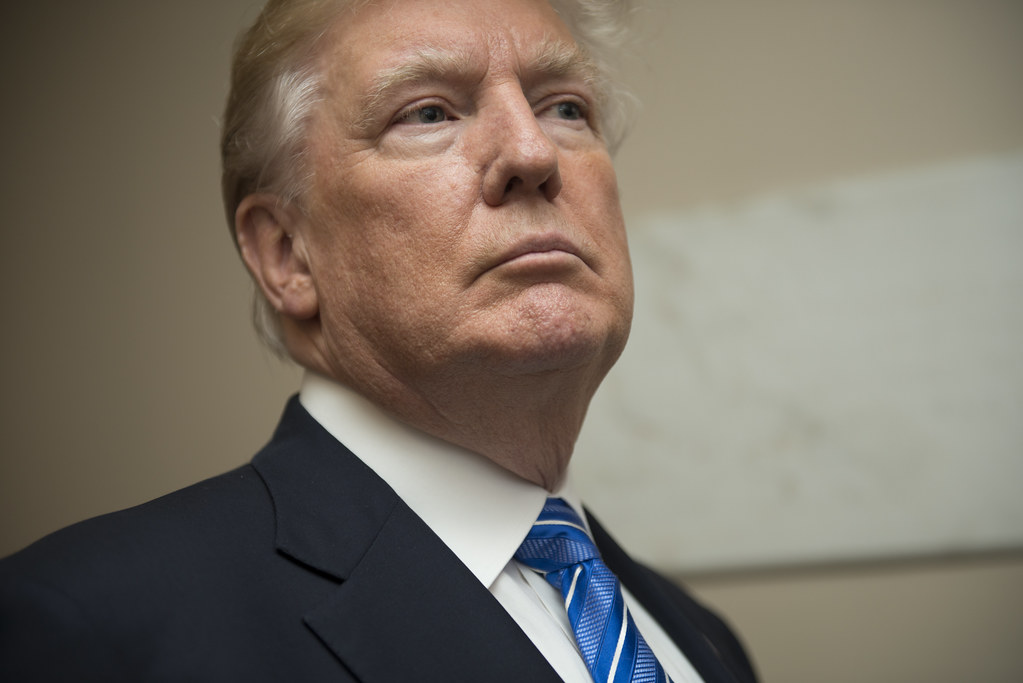Key takeaways:
• A federal judge blocks Trump’s use of the National Guard in Portland for two weeks.
• Judge Karin Immergut, appointed by Trump, ruled claims of Portland unrest were false.
• Former insider Lev Parnas calls the decision a “signal” that checks on Trump’s power are growing.
• The judge stressed, “This is a nation of constitutional law, not of martial law.”
• Experts see this ruling as a sign of more limits ahead on presidential authority.
Trump National Guard ruling marks a turning point
A judge Trump appointed has just ruled against him. This Trump National Guard ruling bars the president from sending troops to Portland. It is a rare check on his authority. Even more, a former Trump ally says it sends a clear message.
What the Trump National Guard ruling said
Judge Karin Immergut reviewed Trump’s call to deploy troops in Portland. The White House argued that the city faced violent riots. However, the judge found those claims were false. She wrote that no unrest justified using military forces on U.S. soil. As a result, the Trump National Guard ruling stands for at least two weeks. During that time, no Guard units can enter Portland under this order.
In her decision, Judge Immergut used strong language. She said, “This is a nation of constitutional law, not of martial law.” These words remind us of a basic rule: the president cannot ignore the Constitution. Even if he believes the nation needs help, he must follow legal limits.
Why this ruling matters
First, it shows that judges he chose will not always side with him. Second, it underlines the power of the judiciary branch. In this case, the courts acted as a brake on presidential moves. This Trump National Guard ruling may set a pattern. If other judges follow suit, future power grabs could face tough scrutiny.
Moreover, experts see deeper meaning here. They point out that courts stepping in means stronger checks and balances. For example, if the president tries to stretch his power again, courts may halt him. Consequently, this decision may curb future attempts to use federal troops in cities.
Insights from Lev Parnas
Lev Parnas once worked alongside Rudy Giuliani to help Trump dig up dirt on Hunter Biden in Ukraine. Now, he writes about Trump from outside the administration. On his newsletter, he cheered the ruling. In simple terms, he called it “real good news.”
Parnas said the Trump National Guard ruling is more than a win in court. He sees it as a warning to Trump: his most extreme moves will face resistance. He believes the “walls around Trump’s authoritarian playbook are beginning to crack.”
He pointed to the judge’s quote about martial law. According to Parnas, those words “carry the weight of history.” He argued that even a president with vast power must obey the Constitution. Because the judge was Trump’s own pick, the message rings louder. It suggests future rulings may also push back.
What comes next?
Looking ahead, lawyers expect the administration to appeal the decision. Meanwhile, rights groups welcome the ruling as a defense of civil liberties. Some cities may now feel safer from military forces rolling in.
However, Trump’s team could seek other ways to justify troop deployments. They might argue different legal grounds or ask a higher court to overturn the decision. Yet, this early setback hints at tougher battles in courts.
Finally, the public reaction matters too. Online, many praised the judge for upholding the Constitution. Others attacked her as biased. But the law remains clear: presidents cannot ignore constitutional protections.
If more judges follow Immergut’s lead, presidential power could face stronger limits. This Trump National Guard ruling may be the start of a trend. It warns that courts will not sit by while leaders bypass the law.
FAQs
What is the Trump National Guard ruling?
It is a court decision by Judge Karin Immergut that blocks the president from using the National Guard in Portland. She ruled that claims of violent unrest there were false and that deploying troops would ignore constitutional limits.
Who is Judge Karin Immergut?
She is a federal judge appointed by President Trump. In this case, she ruled against Trump’s order to send the National Guard to Portland, emphasizing that the U.S. follows constitutional law, not martial law.
Why does Lev Parnas call this ruling a signal?
Parnas views the decision as proof that even judges chosen by Trump will push back on his most extreme actions. He believes it shows growing checks on presidential power and warns against authoritarian moves.
What might happen after this ruling?
The administration could appeal to a higher court, and legal debates will continue over troop use in American cities. At the same time, this ruling sets a precedent that could limit future attempts to deploy military forces against U.S. citizens.
